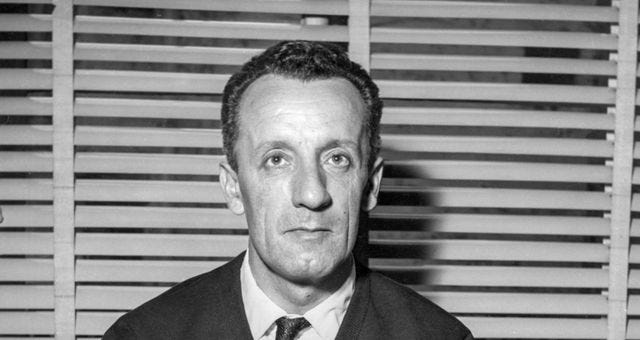Seeing Isn't Believing: Maurice Merleau-Ponty, AI, and the Limits of Vision
The Lived Body and the Illusion of AI Vision
Can a machine truly see the world as we do? While Artificial Intelligence achieves incredible feats in image recognition, does it replicate the richness of human perception? Join us as we explore this profound question through the lens of 20th-century philosopher Maurice Merleau-Ponty and his revolutionary ideas about embodied perception.
In this episode, we delve into Merleau-Ponty's concept of the 'lived body' (le corps vécu) – the idea that we don't just have bodies, we are our bodies, and this shapes everything we perceive. We'll contrast this with how AI like Google's SpeciesNet processes visual information, highlighting the crucial differences. Discover why phenomena like adversarial attacks fool AI but not humans, and why autonomous vehicles struggle with real-world nuance.
Merleau-Ponty vs. the Algorithmic Gaze
Merleau-Ponty argued that our perception is fundamentally intertwined with our physical being. We don't simply process data; we experience the world through our bodies. This 'lived body' is the foundation of our understanding. AI, in contrast, operates on algorithms, processing data detached from any physical experience.
Consider the difference in recognizing a chair. A human sees a chair not just as a collection of pixels but as something to sit on, something with a specific texture, and a potential to be moved. An AI, despite its impressive capabilities, often lacks this embodied understanding. It's a pattern recognizer, not a participant in the world. Check out the video here: YouTube Video for a deeper dive into these ideas.
Intercorporeality and the Flesh of the World: Beyond the Isolated Observer
We'll explore Merleau-Ponty's further concepts of 'intercorporeality' (how our perception is shaped by others) and the 'flesh of the world,' questioning if a disembodied AI can ever truly participate in the shared reality that grounds human seeing. This isn't just about technology; it's about understanding the very nature of consciousness, reality, and what it means to be human.
Intercorporeality highlights that our understanding is developed in the context of other bodies. We learn to perceive through interaction and shared experiences. AI, operating in a virtual space, often lacks this essential ingredient for a full understanding of the world.
As Merleau-Ponty famously said, "We know not the world through our intellect but through our experience."
The Future of Vision: Humans, Machines, and Reality
Are we building truly seeing machines, or just incredibly sophisticated pattern recognizers? What does philosophy teach us about the future of AI and our own unique place in the world? Watch now to challenge your understanding of vision and intelligence.
The challenge for AI isn't just in replicating the *what* of vision; it's in grasping the *how* and the *why*. Can AI truly *see* the world in the same way we do, understanding its meaning and its interconnectedness? Merleau-Ponty's philosophy urges us to consider this fundamental question as we develop the technologies of the future.




I wrote a piece on abstraction and how AI might be heading us in that direction. https://open.substack.com/pub/aswinmanohar/p/ai-the-richardson-paradox-and-new?r=5fpilo&utm_campaign=post&utm_medium=web&showWelcomeOnShare=false
M M-P also nicely writes how we are free, "not inspite of, but thanks to living in a [stochastically] determined world."